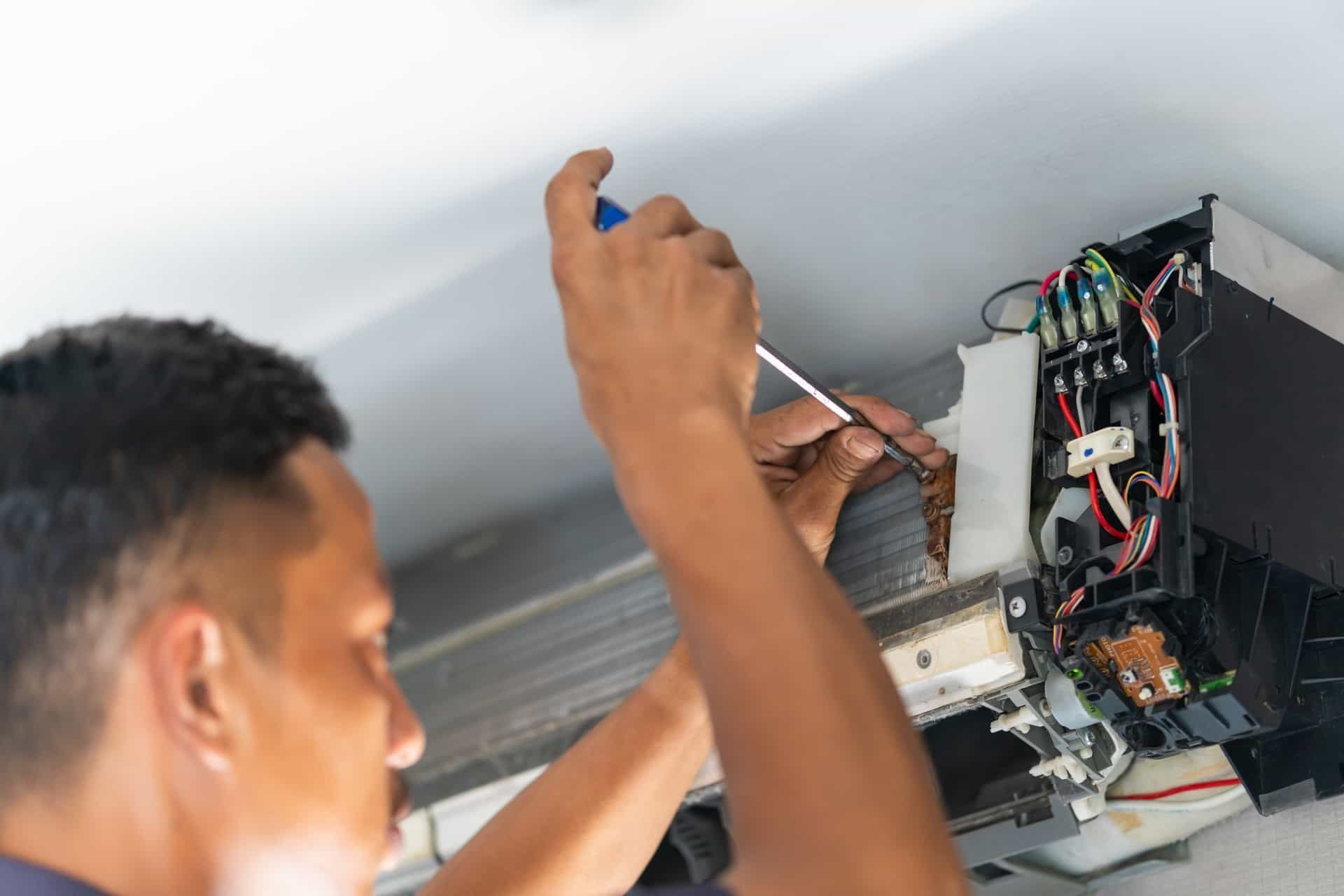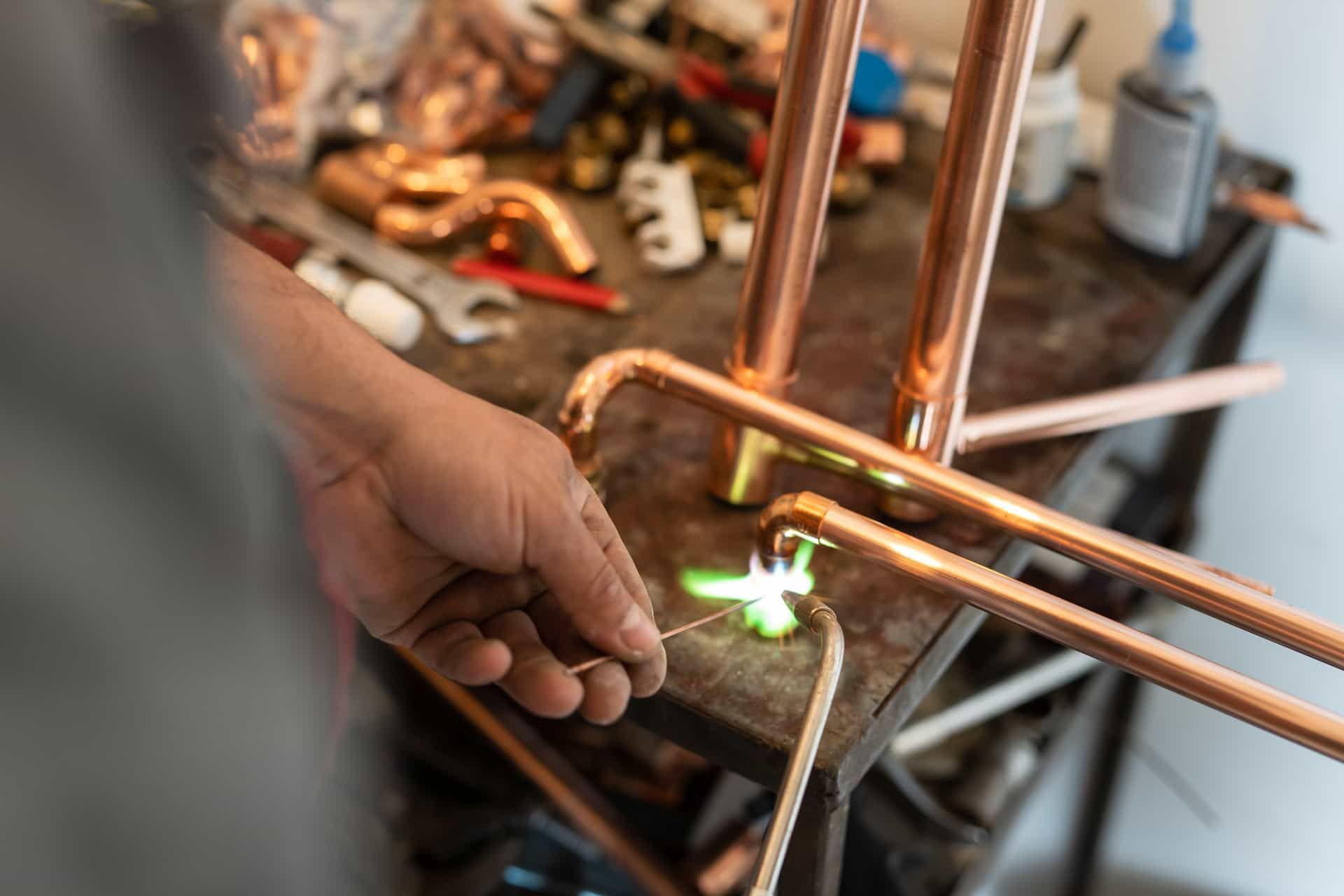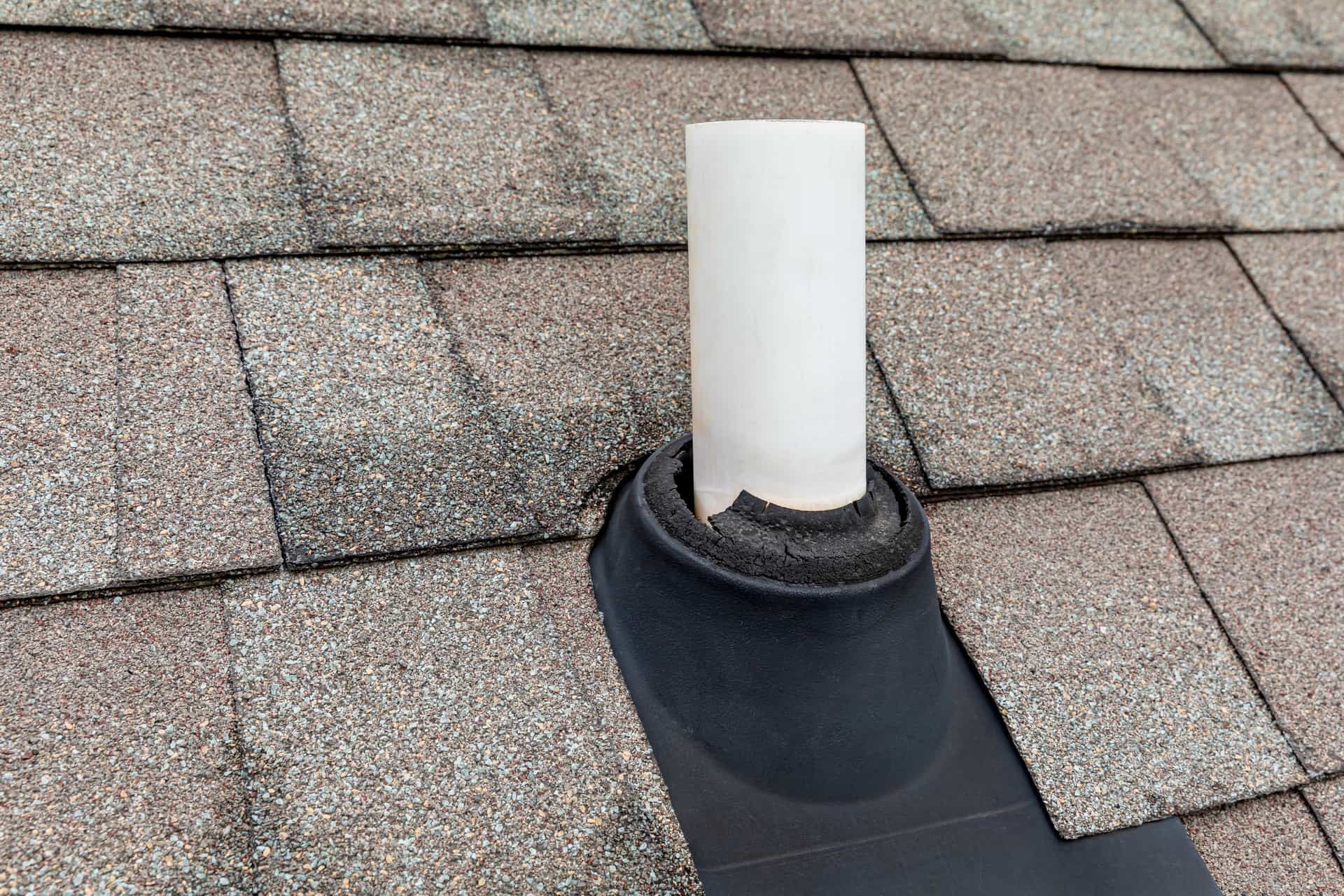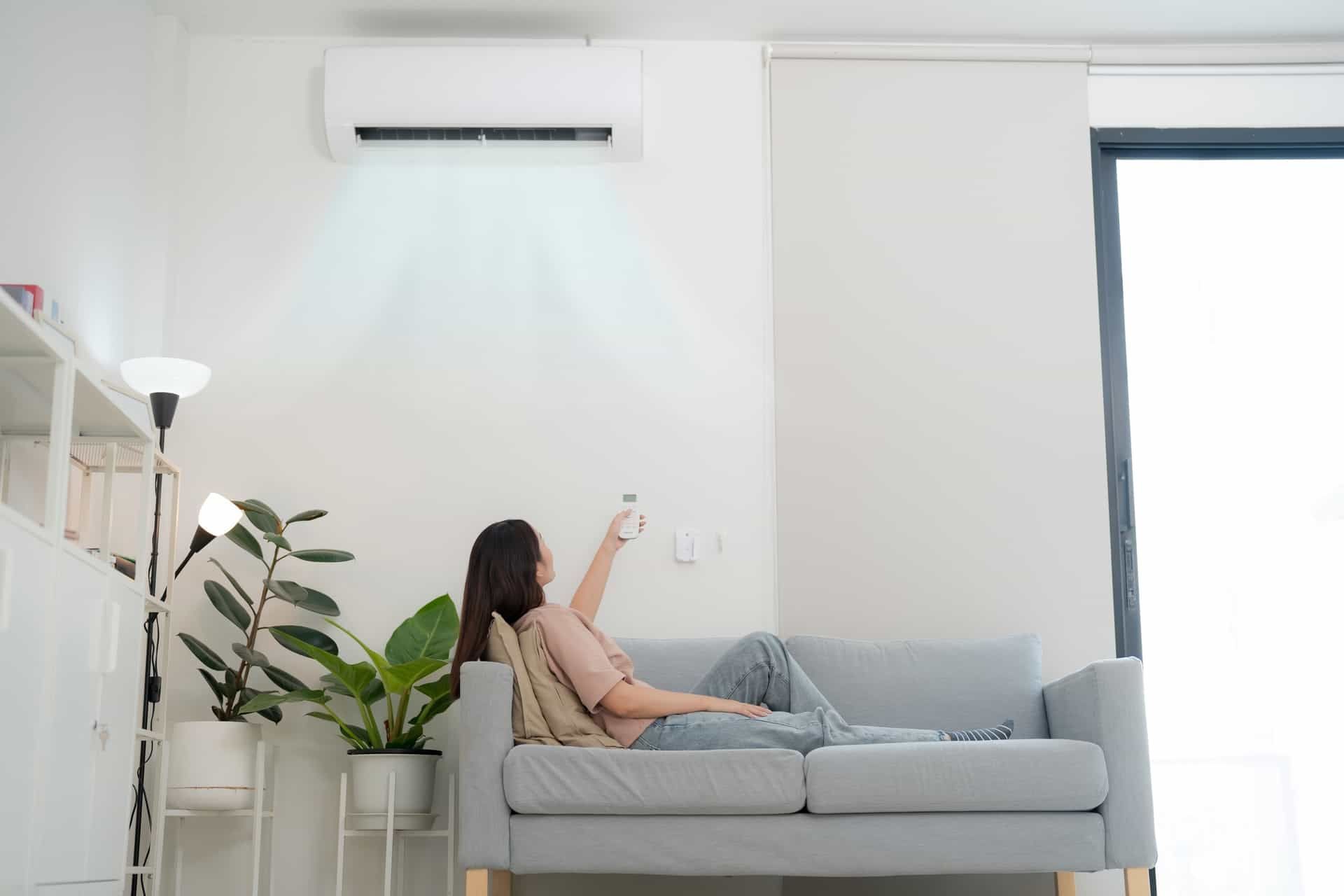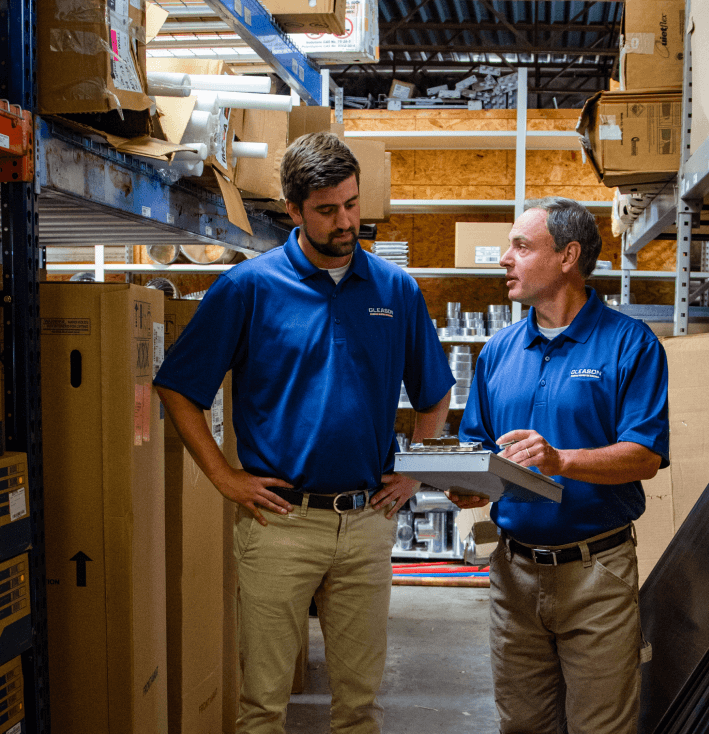Articles
HVAC Contractor Tips and Articles For Your Home
Why Did My Water Pump Stop Working?
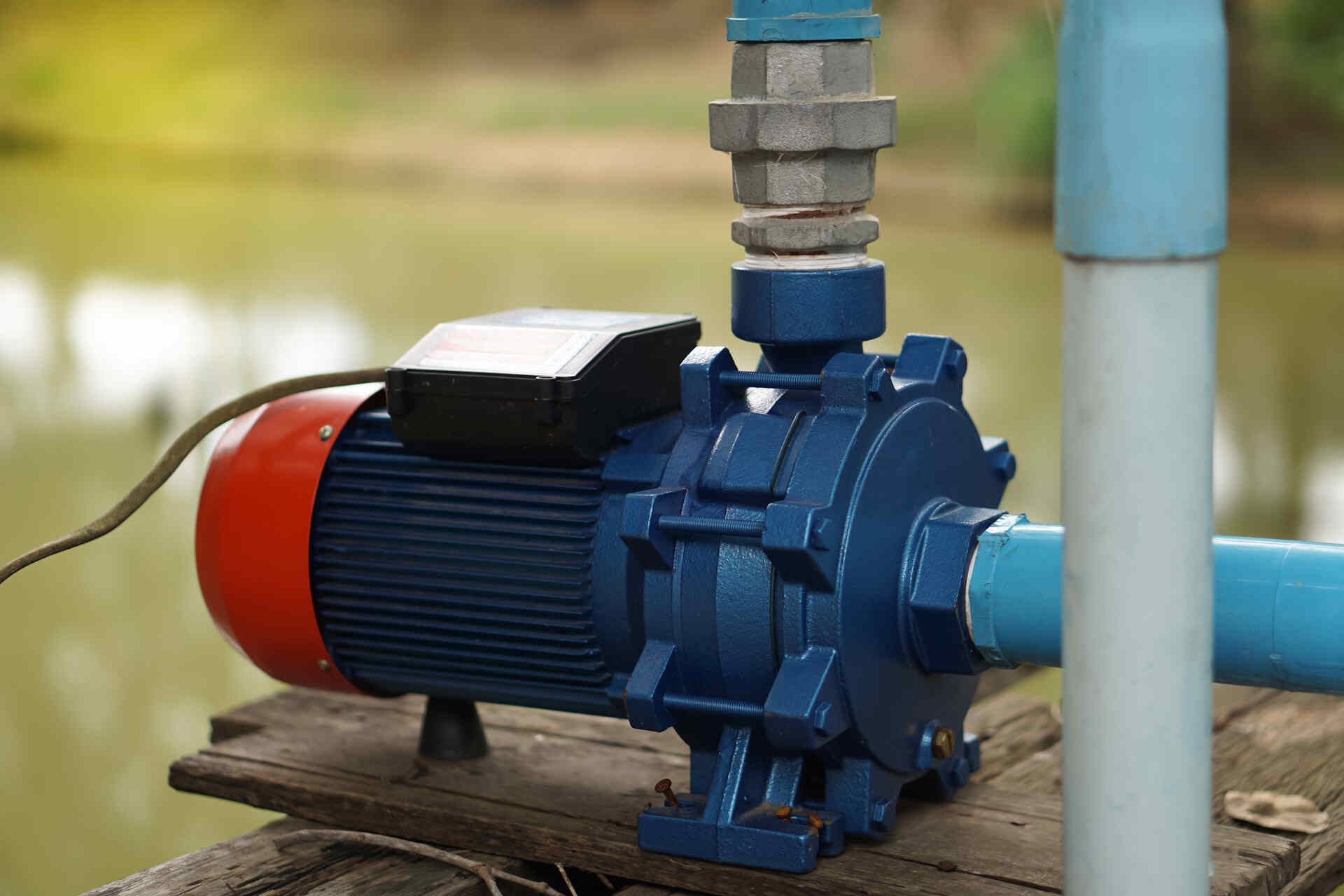
A working water pump is one of the most important parts of your home’s plumbing system. It helps move water from a well or tank into your home so you can use it for drinking, cooking, cleaning, and more. When it suddenly stops working, it can cause stress and confusion. But don’t worry—many problems with water pumps can be fixed once you know what’s wrong.
In this article, we’ll explore the most common reasons your water pump might stop working and how Gleason Plumbing and our Water Treatment Services can help.
1. Power Problems
One of the first things to check is the power supply. Your water pump needs electricity to run. If there’s no power, the pump won’t work at all.
Possible causes:
- A tripped circuit breaker
- A blown fuse
- A power outage in your area
- Loose or damaged wires
What to do:
Go to your home’s electrical panel and check if any switches are turned off or if the breaker for the pump is tripped. If you find one, try resetting it. If the issue keeps happening, it’s time to call a plumber or
electrician to inspect the wiring.
2. Pressure Switch Failure
The pressure switch tells the water pump when to turn on and off based on the water pressure in your system. If this switch is broken or stuck, the pump may not start at all.
Signs of a faulty pressure switch:
- Pump doesn't start even when water is needed
- Pump runs continuously without stopping
- Clicking sound without pump action
What to do:
You might need to replace or adjust the pressure switch. This is a job best left to professionals like the team at Gleason Plumbing to make sure it’s done safely and correctly.
3. Clogged or Dirty Filters
Over time, dirt, sand, and other debris can build up in your water pump or pipes. This can cause blockages that stop the pump from working the way it should.
Common signs:
- Weak water flow
- No water at all
- Strange noises from the pump
What to do:
Check your filters and clean or replace them regularly. A
water treatment service can also help remove unwanted materials before they reach your pump and plumbing.
4. Low Water Levels
If you use a well and the water level drops too low, your pump may run dry. When a pump runs without water, it can overheat and get damaged.
How to know if this is the issue:
- You suddenly have no water
- The pump is running but not pulling water
- It happens after heavy water use or drought
What to do:
Turn off the pump immediately to avoid damage. Give your well time to refill, or call a well specialist to measure the water level. In some cases, you may need to lower the pump or drill a deeper well.
5. Broken Pump Motor
The motor is what powers your water pump. If it burns out or breaks, the whole pump will stop working.
Causes include:
- Old age
- Running dry too many times
- Overuse or overheating
What to do:
This usually requires a full motor replacement. Call an expert like Gleason Plumbing to inspect your pump and suggest the best repair or replacement.
6. Leaks in the System
If there’s a leak in your pipes or tank, the water pressure can drop, and your pump may have trouble keeping up.
Watch for:
- Wet spots around the pump or pipes
- Air coming out of your faucets
- Water pressure that goes up and down
What to do:
Check for visible leaks. If you can’t find any but still notice pressure issues, a professional plumber can perform a pressure test to find hidden leaks.
7. Air Locked Pipes
When air gets trapped in the pipes, it can block water from flowing through your system. This can make it seem like your pump has stopped working.
Signs of an airlock:
- Sputtering faucets
- Uneven water flow
- Water stops and starts unexpectedly
What to do:
Try turning on all faucets to help push air through the system. If the problem continues, call a plumber to bleed the system and clear the airlocks.
8. Pressure Tank Problems
Homes with well systems often have a pressure tank to help the pump work better. If the tank gets waterlogged or loses its air charge, the pump might cycle on and off too often—or stop completely.
Look out for:
- Pump turning on and off quickly
- No water from faucets
- Loud banging or vibrating noises
What to do:
Your tank might need recharging or replacing. This is something Gleason Plumbing can inspect and fix for you.
9. Frozen Pipes or Pump
If the temperature drops below freezing and your pipes or pump aren’t properly insulated, they can freeze. When this happens, the water can't move, and the pump will stop working.
Signs include:
- No water in cold weather
- Pipes that feel icy
- Cracks or leaks from frozen areas
What to do:
Turn off the pump and carefully thaw the pipes using warm towels or a heat lamp. Never use an open flame. Prevent future problems by wrapping pipes and pumps with insulation.
10. Old or Worn Out Pump
Sometimes, the problem is simply that your water pump is too old. Like any machine, pumps wear out over time, especially if they haven’t been serviced regularly.
When to replace your pump:
- It's more than 10-15 years old
- You’ve had to repair it multiple times
- It no longer meets your water needs
What to do:
If your pump is beyond repair, it might be time for a new one. Gleason Plumbing can help you choose the right size and type of pump for your home.
How Gleason Plumbing Can Help?
At Gleason Plumbing, we specialize in diagnosing and fixing water pump problems fast. Whether it’s an issue with the power, pressure, or pipes, our experienced team can help you get back to normal. We also offer Water Treatment Services to keep your whole system clean and running smoothly.
Regular maintenance is the best way to avoid water pump issues. We recommend getting your system checked at least once a year, especially if you rely on a well.
Conclusion
A water pump is something most people don’t think about until it stops working. Whether it’s an electrical problem, pressure issue, or a failing part, there are many reasons a pump can quit. By understanding the most common causes, you can better care for your system and know when to call for help.
If you’re having trouble with your water pump, Gleason Plumbing is just a phone call away. Our expert technicians are ready to help diagnose the problem and get your water flowing again.
Call
Gleason Heating and Air Conditioning today to schedule a water pump inspection or learn more about our water treatment services!
Disclaimer: The information on this website and blog is for general informational purposes only and is not professional advice. We make no guarantees of accuracy or completeness. We disclaim all liability for errors, omissions, or reliance on this content. Always consult a qualified professional for specific guidance.

